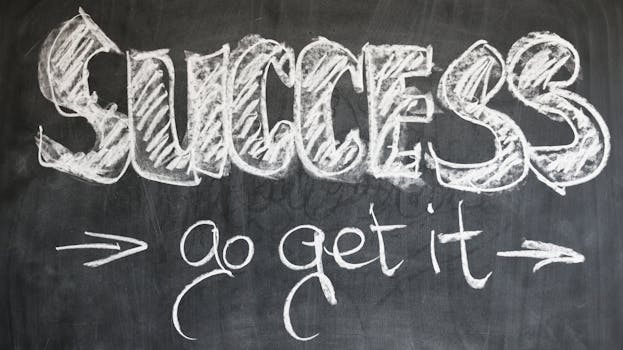Achieve Academic Success by Developing a Growth Mindset According to Recent Studies
In the realm of education, the concept of a growth mindset has gained significant traction over the past few years. Coined by psychologist Carol Dweck, a growth mindset refers to the belief that abilities and intelligence can be developed through dedication and hard work. This perspective contrasts sharply with a fixed mindset, where individuals believe their talents are innate and unchangeable. Recent studies have shown that cultivating a growth mindset can lead to remarkable academic success. This article explores the importance of a growth mindset, the research supporting it, and practical strategies for students to adopt this empowering perspective.
The Importance of a Growth Mindset
Understanding the importance of a growth mindset is crucial for students aiming for academic success. Here are some key reasons why adopting this mindset can be transformative:
- Resilience in the Face of Challenges: Students with a growth mindset view challenges as opportunities to learn rather than obstacles. This resilience helps them persist through difficulties.
- Increased Motivation: A growth mindset fosters intrinsic motivation, encouraging students to engage deeply with their studies and pursue knowledge for its own sake.
- Enhanced Learning Strategies: Students are more likely to adopt effective learning strategies, such as seeking feedback and reflecting on their performance, when they believe they can improve.
Research Supporting the Growth Mindset
Numerous studies have demonstrated the positive impact of a growth mindset on academic performance. One landmark study conducted by Dweck and her colleagues involved middle school students who were taught about the brain’s ability to grow and change. The results were striking:
- Students who received growth mindset training showed a significant increase in their math grades compared to those who did not.
- Participants reported greater enjoyment in learning and a willingness to tackle challenging problems.
Another study published in the journal “Psychological Science” found that students who were taught about the growth mindset were more likely to embrace challenges and persist in the face of setbacks. This research highlights the profound effect that mindset can have on academic outcomes.
Case Studies: Real-World Applications
Several educational institutions have successfully implemented growth mindset programs, yielding impressive results. For instance, the KIPP (Knowledge Is Power Program) schools in the United States have integrated growth mindset principles into their curriculum. As a result:
- Students demonstrated improved academic performance, particularly in math and reading.
- Teachers reported a more positive classroom environment, with students supporting one another in their learning journeys.
Similarly, a case study at a high school in Chicago revealed that students who participated in growth mindset workshops showed a 20% increase in their overall GPA over one academic year. These examples underscore the effectiveness of fostering a growth mindset in educational settings.
Practical Strategies to Develop a Growth Mindset
For students looking to cultivate a growth mindset, several practical strategies can be employed:
- Embrace Challenges: Actively seek out difficult tasks and view them as opportunities for growth.
- Learn from Feedback: Instead of taking criticism personally, use it as a tool for improvement.
- Celebrate Effort: Focus on the effort put into learning rather than just the outcome. Acknowledge progress and hard work.
- Surround Yourself with Positivity: Engage with peers who have a growth mindset and encourage one another to strive for improvement.
Conclusion
In conclusion, developing a growth mindset is a powerful strategy for achieving academic success. The research clearly indicates that students who embrace this mindset are more resilient, motivated, and effective learners. By implementing practical strategies to foster a growth mindset, students can transform their educational experiences and unlock their full potential. As the evidence suggests, the journey of learning is not just about innate ability; it is about the willingness to grow, adapt, and persevere. Embracing a growth mindset can lead to not only academic success but also a lifelong love of learning.
